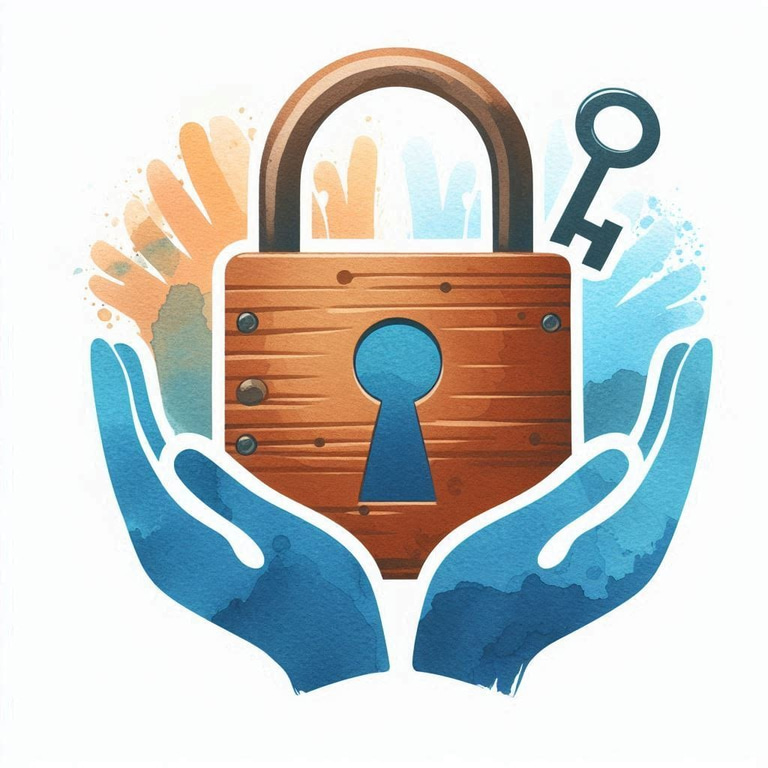Recovered and Motivated LLC
Recovered and motivated LLC
Recovered and Motivated llc
Triggers and steps to overcome them
Relapse is a common challenge in the journey to recovery from addiction. Understanding and managing triggers is crucial to maintaining sobriety. Here are some strategies to help you navigate and overcome these triggers. Identify Your Triggers The first step in overcoming triggers is to identify them. Triggers can be internal, such as emotions and thoughts, or external, like people, places, and situations. Common triggers include stress, anxiety, social pressure, and reminders of past substance use1. Develop Healthy Coping Mechanisms Once you identify your triggers, develop healthy coping mechanisms to deal with them. Here are some effective strategies: Mindfulness and Meditation: Practicing mindfulness can help you stay grounded and focused on the present moment, reducing the impact of triggers2. Exercise: Physical activity can reduce stress and improve your mood, making it easier to handle triggers3. Journaling: Writing down your thoughts and feelings can help you process emotions and identify patterns in your triggers4. Build a Support System Having a strong support system is essential in recovery. Surround yourself with people who understand your journey and can offer encouragement and accountability. This can include family, friends, support groups, or a therapist5. Avoid High-Risk Situations Avoiding situations that may trigger a relapse is crucial. This might mean staying away from certain social gatherings, avoiding specific locations, or limiting contact with people who may encourage substance use6. Create a Relapse Prevention Plan A relapse prevention plan is a personalized strategy to help you stay on track. It should include: Emergency Contacts: List people you can call if you feel tempted to relapse. Coping Strategies: Outline specific actions you can take when faced with triggers. Goals and Motivations: Remind yourself why you chose sobriety and what you hope to achieve7. Practice Self-Care Taking care of your physical and mental health is vital in recovery. Ensure you get enough sleep, eat a balanced diet, and engage in activities that bring you joy and relaxation8. Seek Professional Help If you find it challenging to manage triggers on your own, seek professional help. Therapists and counselors can provide guidance and support tailored to your needs9. Stay Committed to Your Recovery Recovery is a lifelong journey that requires commitment and effort. Celebrate your progress, no matter how small, and stay focused on your long-term goals10. Conclusion Overcoming triggers that lead to relapse is a challenging but essential part of the recovery process. By identifying your triggers, developing healthy coping mechanisms, building a support system, avoiding high-risk situations, creating a relapse prevention plan, practicing self-care, and seeking professional help, you can navigate these challenges and maintain your sobriety. Remember, recovery is a journey, and every step you take brings you closer to a healthier, happier life..
Steven Watt
9/12/20242 min read


Relapse is a common challenge in the journey to recovery from addiction. Understanding and managing triggers is crucial to maintaining sobriety. Here are some strategies to help you navigate and overcome these triggers.
Identify Your Triggers
The first step in overcoming triggers is to identify them. Triggers can be internal, such as emotions and thoughts, or external, like people, places, and situations. Common triggers include stress, anxiety, social pressure, and reminders of past substance use1.
Develop Healthy Coping Mechanisms
Once you identify your triggers, develop healthy coping mechanisms to deal with them. Here are some effective strategies:
Mindfulness and Meditation: Practicing mindfulness can help you stay grounded and focused on the present moment, reducing the impact of triggers2.
Exercise: Physical activity can reduce stress and improve your mood, making it easier to handle triggers3.
Journaling: Writing down your thoughts and feelings can help you process emotions and identify patterns in your triggers4.
Build a Support System
Having a strong support system is essential in recovery. Surround yourself with people who understand your journey and can offer encouragement and accountability. This can include family, friends, support groups, or a therapist5.
Avoid High-Risk Situations
Avoiding situations that may trigger a relapse is crucial. This might mean staying away from certain social gatherings, avoiding specific locations, or limiting contact with people who may encourage substance use6.
Create a Relapse Prevention Plan
A relapse prevention plan is a personalized strategy to help you stay on track. It should include:
Emergency Contacts: List people you can call if you feel tempted to relapse.
Coping Strategies: Outline specific actions you can take when faced with triggers.
Goals and Motivations: Remind yourself why you chose sobriety and what you hope to achieve7.
Practice Self-Care
Taking care of your physical and mental health is vital in recovery. Ensure you get enough sleep, eat a balanced diet, and engage in activities that bring you joy and relaxation8.
Seek Professional Help
If you find it challenging to manage triggers on your own, seek professional help. Therapists and counselors can provide guidance and support tailored to your needs9.
Stay Committed to Your Recovery
Recovery is a lifelong journey that requires commitment and effort. Celebrate your progress, no matter how small, and stay focused on your long-term goals10.
Conclusion
Overcoming triggers that lead to relapse is a challenging but essential part of the recovery process. By identifying your triggers, developing healthy coping mechanisms, building a support system, avoiding high-risk situations, creating a relapse prevention plan, practicing self-care, and seeking professional help, you can navigate these challenges and maintain your sobriety. Remember, recovery is a journey, and every step you take brings you closer to a healthier, happier life.
